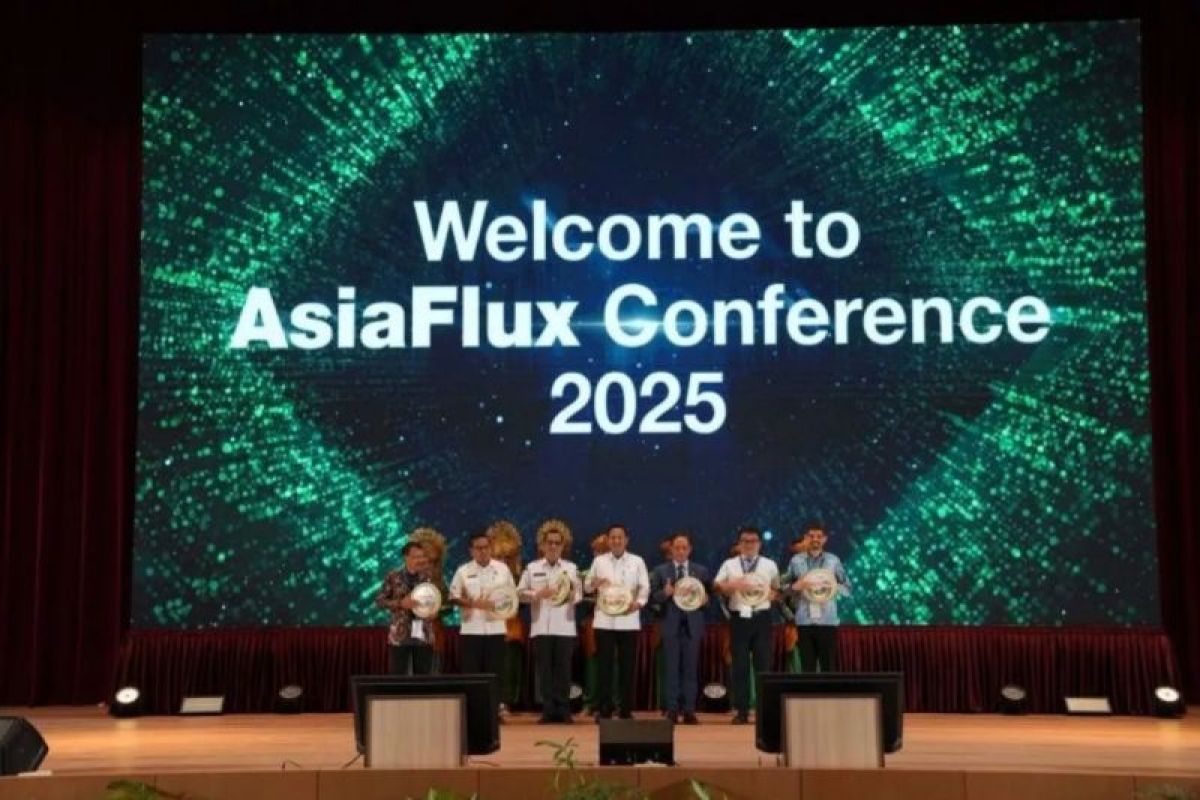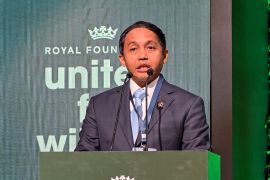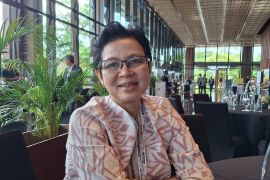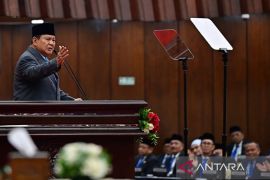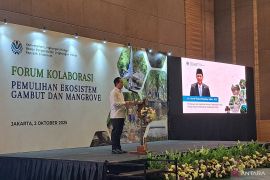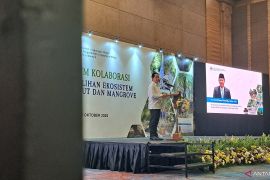The scientific forum brought together scientists, policymakers, and environmental practitioners from 29 countries.
Minister of Environment and Forestry Hanif Faisol Nurofiq emphasized that peatland restoration is a crucial part of Indonesia’s national climate resilience agenda.
Over the past decade, Indonesia has successfully rehabilitated more than 24.6 million hectares of peatland ecosystems, rehydrated 4.16 million hectares, constructed about 45,000 canal blocks, and reintroduced native plant species such as jelutung, ramin, and balangeran.
Hanif stressed that these efforts go beyond technical interventions, representing a long-term commitment to sustainable ecosystem protection.
He noted that the success of peatland restoration lies in the combination of scientific knowledge and local wisdom. Communities are not merely beneficiaries but active stewards of the peat ecosystem.
This scientific approach is strengthened through the implementation of the Peat Hydrological Unit (KHG) and the digital Peat Ecosystem Protection and Management Information System (SiPPEG), which enables real-time monitoring of peatland conditions.
This system integrates local practices to create adaptive governance aligned with social and ecological contexts.
The government has also expanded cross-sector collaboration through the Peat-Care Independent Village Program (DMPG), which now involves more than 1,100 villages.
In these communities, women and youth play active roles in developing green economic initiatives such as stingless bee honey production, natural fiber crafts, and sustainable ecotourism.
Hanif underlined that peatland restoration has evolved into a shared national movement among the government, scientists, and communities.
This initiative aligns with Indonesia’s 2025–2029 National Medium-Term Development Plan (RPJMN) and the FOLU Net Sink 2030 target, positioning peatland restoration as a key pillar in strengthening national climate, social, and economic resilience.
He also urged a paradigm shift in natural resource management - from exploitation toward knowledge-based, sustainable governance.
“We must move beyond merely exploiting natural resources. Science should guide us toward competitiveness and environmental sustainability,” Hanif stated.
Chair of the 2025 AsiaFlux Conference Organizing Committee, Chandra S. Desmukh, said that cross-sector collaboration is essential for achieving sustainable land management at both national and global levels.
He added that AsiaFlux is not only about carbon flux monitoring towers but also about human collaboration -among scientists, policymakers, and communities - to protect the Earth together.
This year’s AsiaFlux Conference gathered more than 300 participants from 29 countries, including representatives from universities, research institutions, governments, private sectors, and civil society organizations.
The forum reinforced Indonesia’s position as a global center for knowledge and collaboration in conserving tropical peatland ecosystems.
Related news: Indonesia urges firms to boost peatland restoration efforts
Translator: Bayu Agustari Adha/Annisa Firdausi, Primayanti
Editor: M Razi Rahman
Copyright © ANTARA 2025
